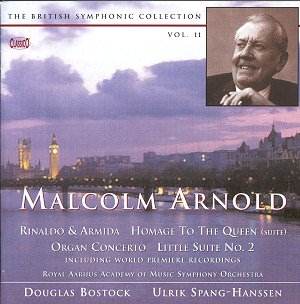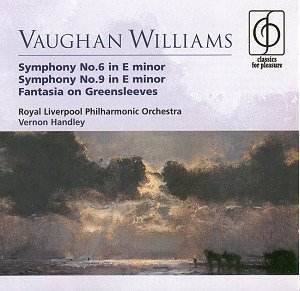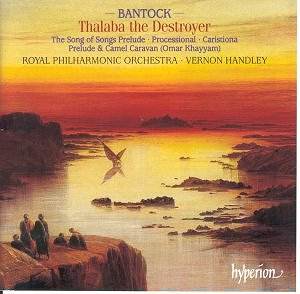 Composer: Malcolm Arnold
Composer: Malcolm Arnold
Works: Rinaldo and Armida Op.49, Little Suite No.2 Op.78, Homage to the Queen: Ballet Suite Op.42A, Concerto for Organ and Orchestra Op.47
Performers: Ulrik Spang-Hanssen (organ), Royal Aarhus Academy of Music Symphony Orchestra, Douglas Bostock (conductor)
Recording: Royal Academy of Music, Aarhus and Gellerup Church, Aarhus, September and November 2001
Label: CLASSICO CLASSCD 424
Malcolm Arnold, a pivotal figure in 20th-century British music, is often celebrated for his ability to blend the whimsical with the profound. This CD presents a compelling survey of his work, featuring the ballet scores “Rinaldo and Armida” and “Homage to the Queen,” alongside the “Concerto for Organ and Orchestra” and “Little Suite No.2.” Each piece encapsulates distinct facets of Arnold’s compositional style, revealing his deep understanding of orchestral color and dramatic narrative.
The “Homage to the Queen,” composed for the coronation ballet in 1953, is particularly noteworthy for its rich orchestral textures and vivid characterizations. The suite’s movements alternate between dazzling brilliance and a poignant tenderness that reflects Arnold’s mastery of mood. Douglas Bostock conducts the Royal Aarhus Academy Symphony Orchestra with a sensitivity that captures the score’s duality; the Prelude’s atmospheric opening swells with anticipation, leading to a final pageant that radiates celebratory grandeur. The recording quality is commendable, allowing the listener to appreciate the orchestral detail, from the delicate woodwind passages to the robust brass fanfares. While this recording offers a shorter suite compared to earlier renditions, such as the 1950s Columbia LP, it remains a significant representation of Arnold’s inventive orchestration.
The “Concerto for Organ and Orchestra,” less frequently performed than Arnold’s other concertos, shines through Ulrik Spang-Hanssen’s nuanced playing. The organ’s role here is not one of mere virtuosity but rather a partnership with the orchestra, creating a sonorous dialogue that is both restrained and introspective. Bostock’s interpretation emphasizes the concerto’s classical proportions, steering clear of bombast and instead inviting the listener into Arnold’s unique sound world. The work’s delicate interplay, particularly in the second movement, exemplifies Arnold’s ability to evoke intimacy amidst orchestral forces—a quality that merits greater recognition in the composer’s oeuvre.
Arnold’s “Rinaldo and Armida,” based on Tasso’s narrative, diverges from his more playful works, presenting a continuous score that is imbued with emotional depth. The music avoids grandiosity, instead opting for a restrained approach that underscores the tragic love story at its core. Bostock’s conducting reveals an acute sensitivity to the score’s subtleties, allowing the orchestral colors to bloom and recede with dramatic effect. The performance is marked by a somber elegance that aligns well with Arnold’s intent, revealing a side of the composer that is often overshadowed by his more flamboyant pieces.
The “Little Suite No.2,” while more familiar, benefits from the same committed reading as the other works on this disc. Its three contrasting movements are infused with Arnold’s characteristic wit and charm, showcasing his deep understanding of orchestral writing, particularly in terms of texture and rhythm. Bostock’s interpretation here is lively and engaging, drawing crisp, articulate playing from the Aarhus orchestra, which, while not the foremost ensemble, delivers with enthusiasm and precision.
This release is a valuable addition to Arnold’s growing discography, presenting lesser-known gems alongside more popular works. The performances, while not without the occasional rough edge, are imbued with a vigor and dedication that resonate throughout. Arnold’s music, with its combination of wit, melancholy, and lyrical expressiveness, finds a passionate advocate in Bostock and his ensemble, making this CD a worthy exploration of a composer who continues to inspire and intrigue. The recording stands as a testament to Arnold’s enduring legacy and showcases his unique voice within the British symphonic tradition.



